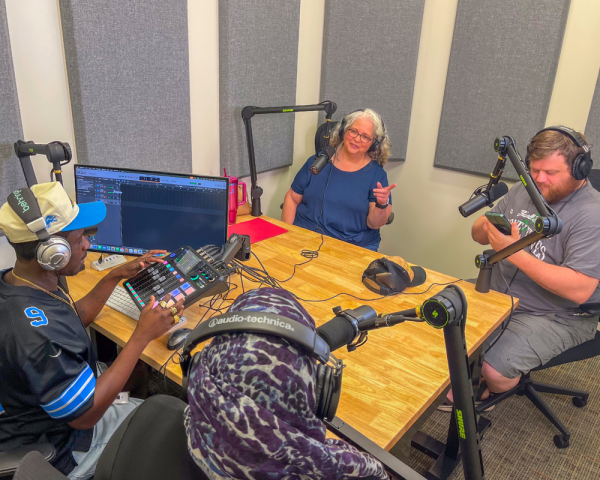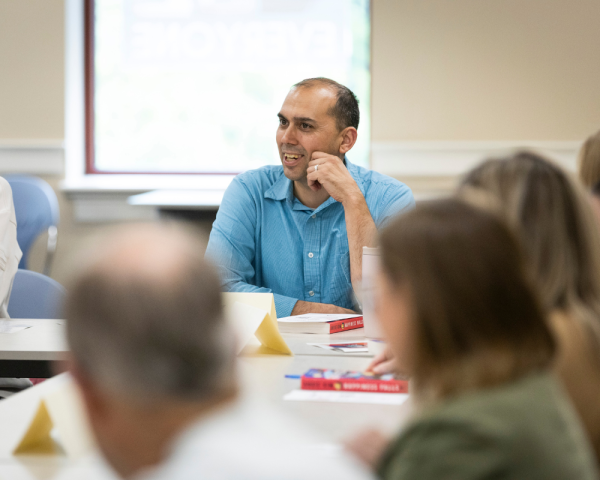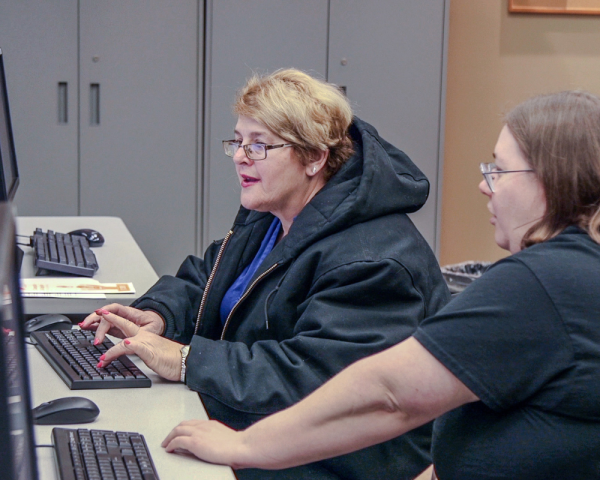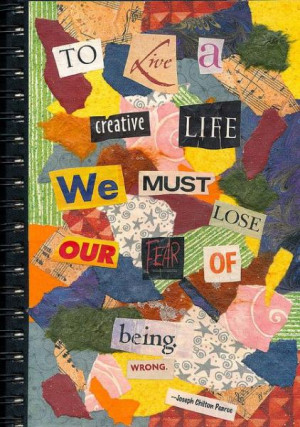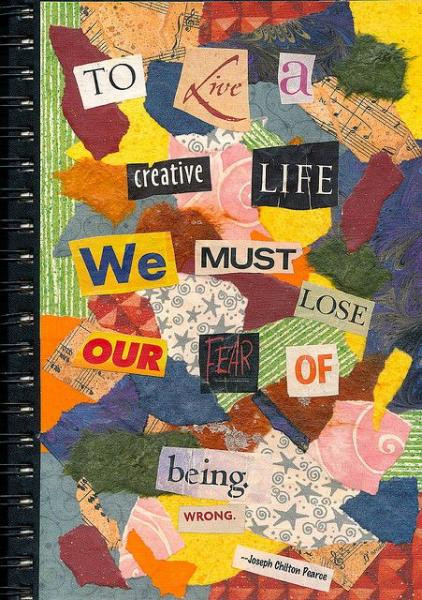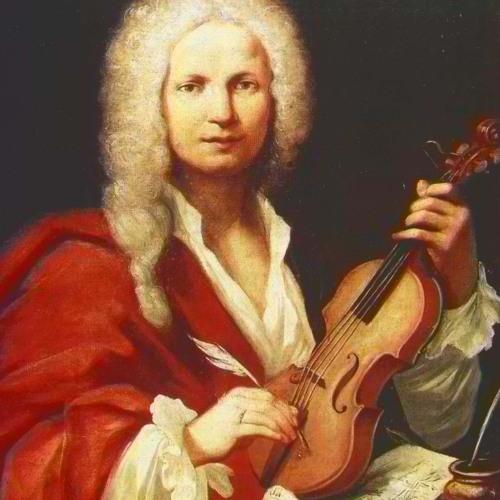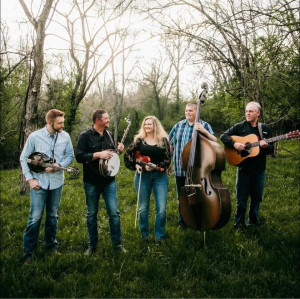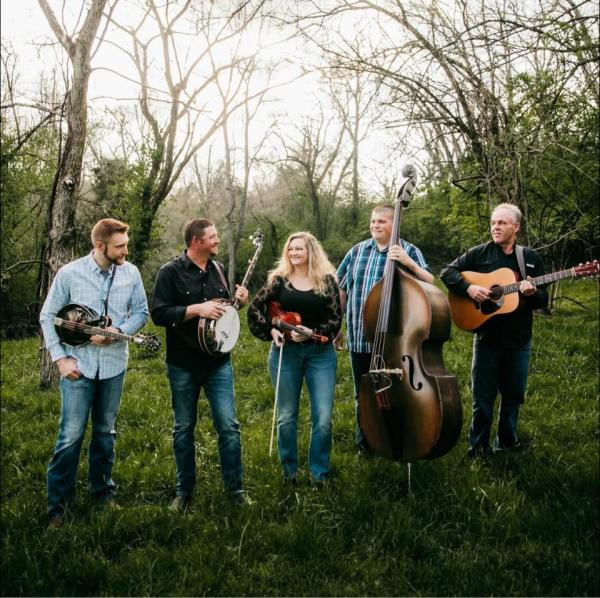

Website Search
Participants are welcome to drop-in anytime between 3:30-5:30 pm and stay as little or as long as you would like!
Children 7 and under must be accompanied by a responsible caregiver.
If you are planning on bringing a large group (10+ people) please contact our Experiential Learning Associate for accommodations. (859) 231-5500 ext. 1147
Participants are welcome to drop-in anytime during Open STEAM Play and stay as little or as long as you would like!
Children 7 and under must be accompanied by a responsible caregiver.
If you are planning on bringing a large group (10+ people) please contact our Experiential Learning Associate for accommodations. (859) 231-5500 ext. 1147
Participants are welcome to drop-in anytime during Open STEAM Play and stay as little or as long as you would like!
Children 7 and under must be accompanied by a responsible caregiver.
If you are planning on bringing a large group (10+ people) please contact our Experiential Learning Associate for accommodations. (859) 231-5500 ext. 1147
Participants are welcome to drop-in anytime between 3:30-5:30 pm and stay as little or as long as you would like!
Children 7 and under must be accompanied by a responsible caregiver.
If you are planning on bringing a large group (10+ people) please contact our Experiential Learning Associate for accommodations. (859) 231-5500 ext. 1147
Participants will follow along with a VanGogh "Starry Night" inspired painting tutorial while chatting and hanging out! All materials provided. Ages 11+
Participants are welcome to drop-in anytime between 3:30-5:30 pm and stay as little or as long as you would like!
Children 7 and under must be accompanied by a responsible caregiver.
If you are planning on bringing a large group (10+ people) please contact our Experiential Learning Associate for accommodations. (859) 231-5500 ext. 1147
Participants are welcome to drop-in anytime during Open STEAM Play and stay as little or as long as you would like!
Children 7 and under must be accompanied by a responsible caregiver.
If you are planning on bringing a large group (10+ people) please contact our Experiential Learning Associate for accommodations. (859) 231-5500 ext. 1147
Participants are welcome to drop-in anytime during Open STEAM Play and stay as little or as long as you would like!
Children 7 and under must be accompanied by a responsible caregiver.
If you are planning on bringing a large group (10+ people) please contact our Experiential Learning Associate for accommodations. (859) 231-5500 ext. 1147
Participants are welcome to drop-in anytime between 3:30-5:30 pm and stay as little or as long as you would like!
Children 7 and under must be accompanied by a responsible caregiver.
If you are planning on bringing a large group (10+ people) please contact our Experiential Learning Associate for accommodations. (859) 231-5500 ext. 1147
This month features Blue Debut. Live bluegrass music the third Thursday of every month, October through April. Sponsored by Southland Jamboree.
Live jazz the second Thursday of every month. Reservations suggested.
Materials (journal and magazines) provided while supplies last! Program intended for adults, but all ages can participate with supervision.
Classical Music Sundays presents live classical music the third Sunday of every month, September through May, with EKU music professor Bernardo Scarambone as emcee.
Stop by the Marksbury Family Branch Winter Workshop to create handmade holiday crafts! Stations for the program will include: a printed mug press from our Makerspace, vintage-inspired holiday tunnel cards, button ornaments/gift tags, handmade garland, and holiday photos.
Materials provided on a first-come-first-serve basis. All ages welcome with adult supervision!
This month features Throwdown Thursday. Live bluegrass music the third Thursday of every month, October through April. Sponsored by Southland Jamboree.


